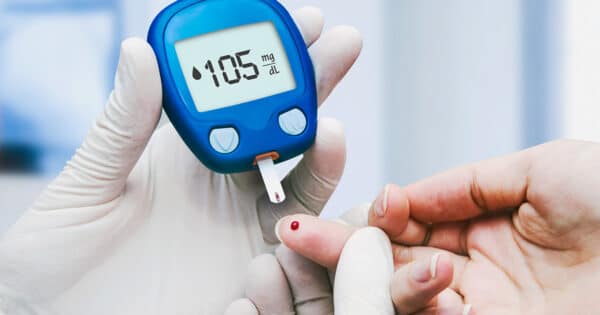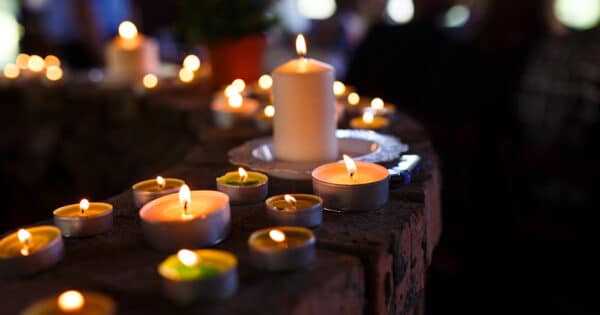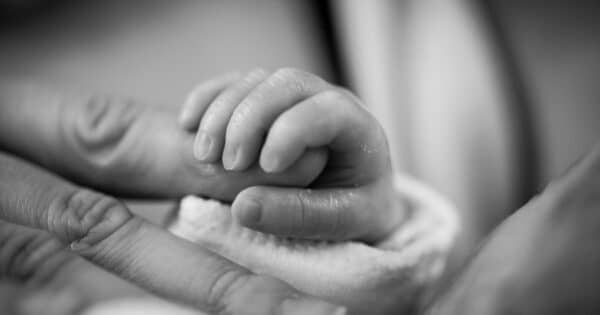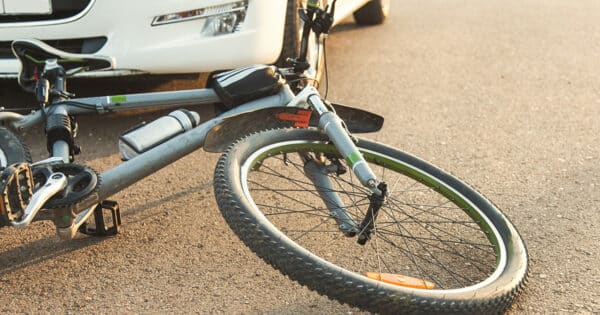I remember the afternoon all too well. I received a call, out of the blue, from my mum. She was incredibly distressed advising me that she thought my dad had suffered a stroke. He couldn’t remember the numbers of the house alarm and, instead of including the number 7 into the code, he was changing the number to the letter “F”. He had become obsessed: writing the number (with the F in the middle) over and over again. I found the diary later with the obsessive repeated thoughts years later and felt incredibly sad that he had gone through these hours of distress.
The neurologist performed an MRI scan on my father and found nothing which we thought positive. I wish. The consultant said that the sheer panic could have affected my father’s rational thoughts but also mentioned dementia happens to 1 in 3 of us. Scarily, out of my parents and the consultant, one of those will receive the devastating diagnosis of dementia.
My dad was a sportsman: he was very strong, both in the body and the mind and he certainly knew what he wanted. There was no mollycoddling anyone – straight to the point – fiercely and decidedly northern.
He was, and is, in no uncertain terms, my hero.
Since the initial conversation with the consultant, we wobbled along with certain things seeming awry but slowly those small things became larger – issues we couldn’t ignore. Forgetting the name for a pigeon, forgetting how to put his coat on, not being able to understand his speech, overwhelming bouts of anxiety but the biggest part was his hallucinations. My dad was frequently preparing coffees for my mum and imaginary friends. My dad would then “snap out of it” and feel bemused (and terribly scared) at the thought processes he was encountering. Those imaginary friends, to my father, were as real as you and I.
Eventually, this culminated in an unforgettable Christmas visit to my brother’s house. My parents live in Middlesbrough, my brother in Northampton and I live in Surrey. For my dad, leaving his home, started to create a significant amount of crippling anxiety. Arriving at my brother’s house led to increased hallucinations, falling and significant confusion. They had to leave before we could spend any time with both my parents. We were petrified at what was happening.
Enough was enough. I arranged for a geriatrician psychiatrist to assess him. Dementia with Lewi Body was the diagnosis. Devastation set in.
Two years on from the diagnosis, my dad is deteriorating. He isn’t the man or the father I once knew. We are losing him bit by bit. The desperation I feel is insurmountable.
Previously, I had dealt with clients who had dementia in my profession, so I thought I had a sound understanding of this cruel disease. However, when my father’s diagnosis was first confirmed, I don’t think you do have a full understanding until you are on the journey you never wanted or thought you would be on. I now have a firm appreciation of dementia and, as I progress on this journey with my amazing father, I will have an even deeper understanding.
I have ensured that my father has a Lasting Power of Attorney in place (and my mother). I have also ensured that my parents’ Wills have been re-written so as to ensure that their assets are best protected but to also ensure that they have access to the survivor’s assets. This is to prioritise that they will receive the best care possible.
I have worked with my mother to reduce their council tax liability, obtained Attendance Allowance at the higher rate, obtained the medical support my father needs (often with some persistence) and obtained the carer’s assistance my mother so desperately needs.
When someone has been diagnosed with dementia, I knew it was incredibly important to ensure that their affairs are in order. The family need to have a well-structured plan in place to make the journey easier where it possibly can be.
My brother, mother and I speak every day ensuring that she has our unreserved and unending support. We have always been a very close family despite the geographical distance and, despite this cruel disease gradually taking more of my father, it has made us even closer. We give each other strength.
The next part of the journey is to ensure that my parents move nearer to me or my brother. After all, who cares for the carer?








